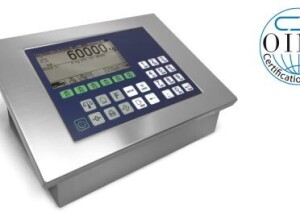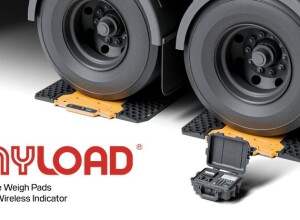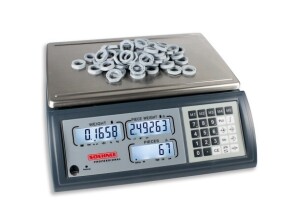Calibration Standards in Educational Labs
Calibration is a critical process in educational laboratories to ensure accuracy and reliability in weighing and measurement activities. Following proper standards helps students understand precision and metrology principles.
Why Calibration Matters
- Ensures that measurements are accurate and repeatable.
- Teaches students the importance of precision in scientific work.
- Prevents errors that could affect experiments or learning outcomes.
Common Calibration Practices
- Use certified calibration weights suitable for the balance type.
- Calibrate balances at the beginning of experiments or school sessions.
- Document calibration results to track consistency over time.
- Follow manufacturer guidelines for internal or external calibration.
Types of Calibration Standards
- Standard weights traceable to national metrology institutes.
- Microgram or milligram weights for precision instruments.
- Digital verification methods built into modern analytical balances.
Educational Benefits
- Students learn proper handling and measurement techniques.
- Introduces concepts of uncertainty and measurement error.
- Supports STEM learning with hands-on metrology practice.

























